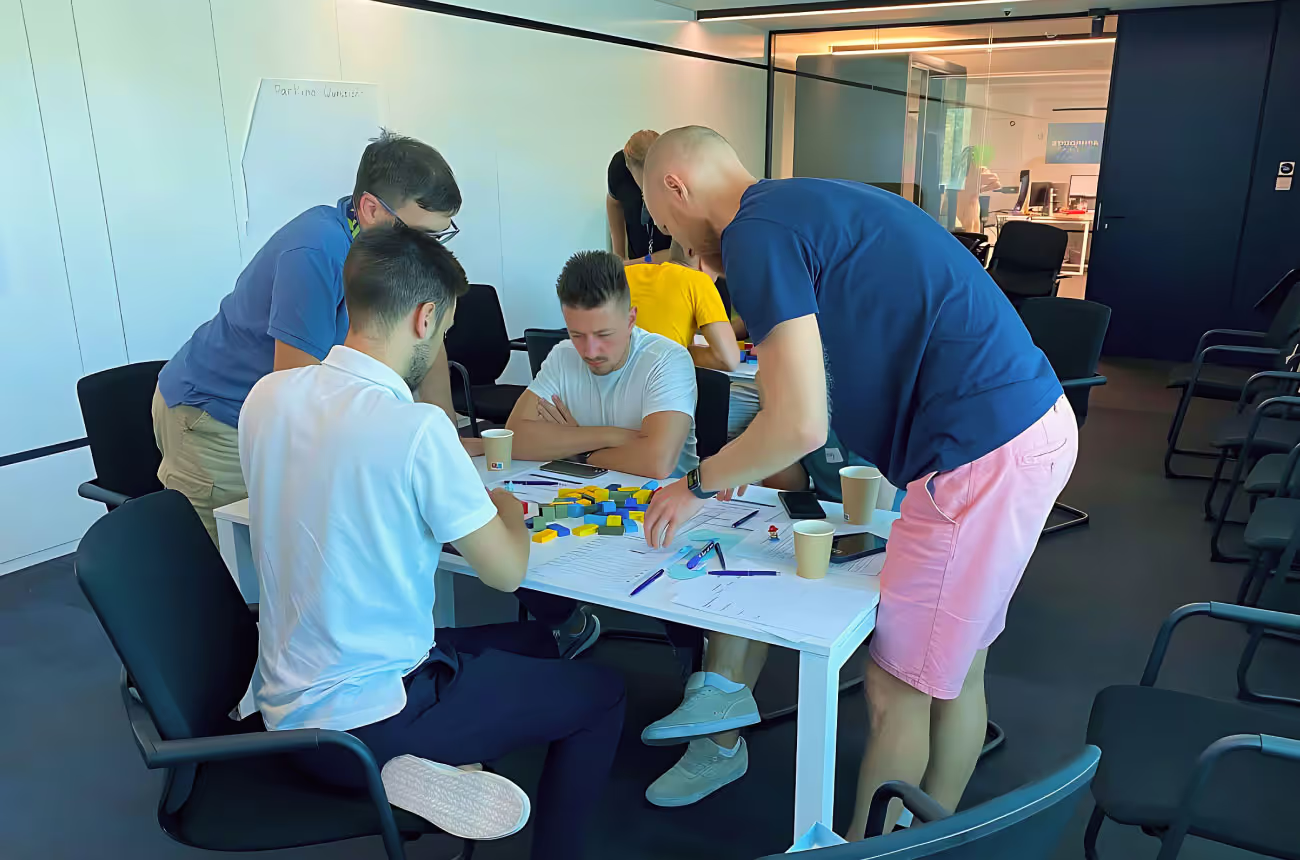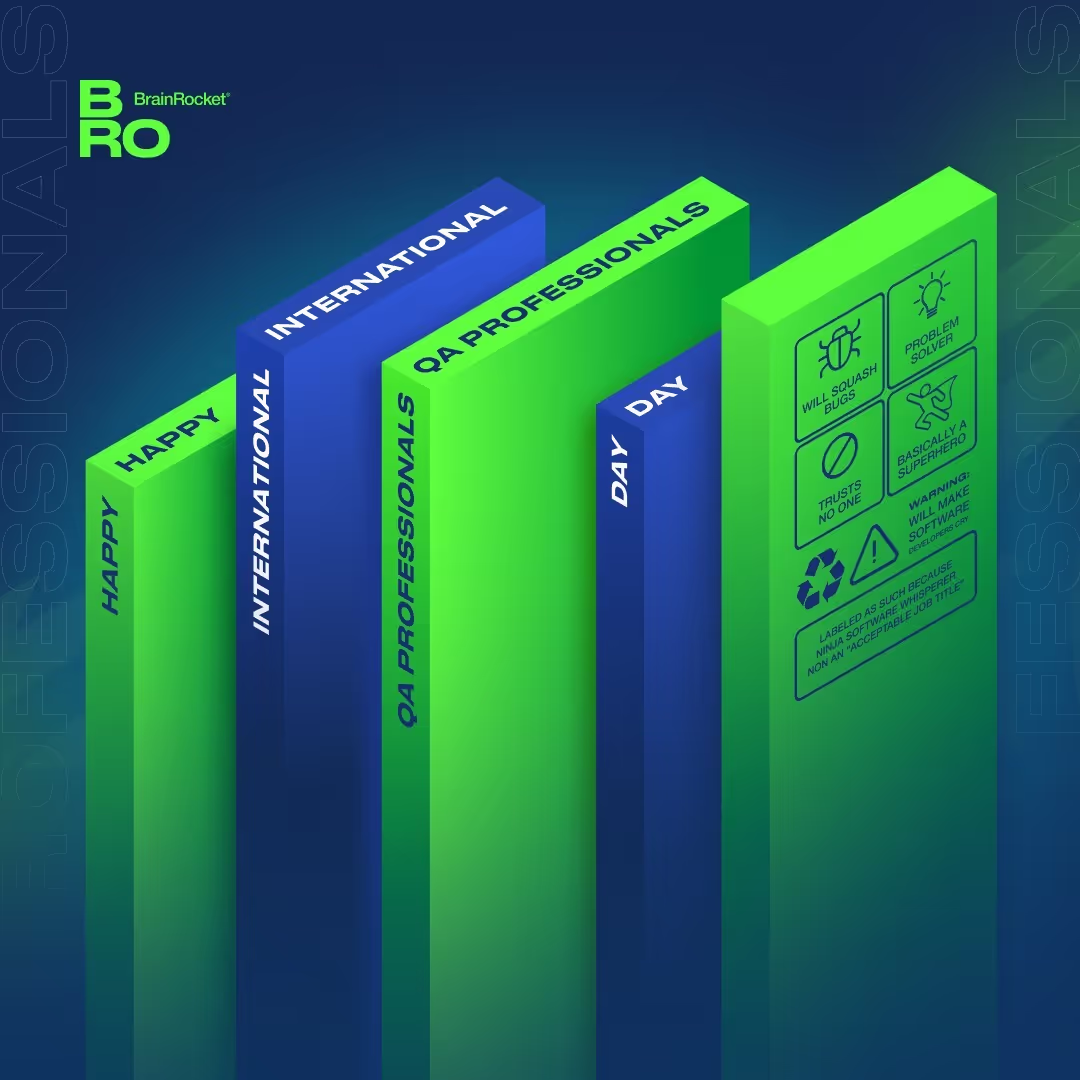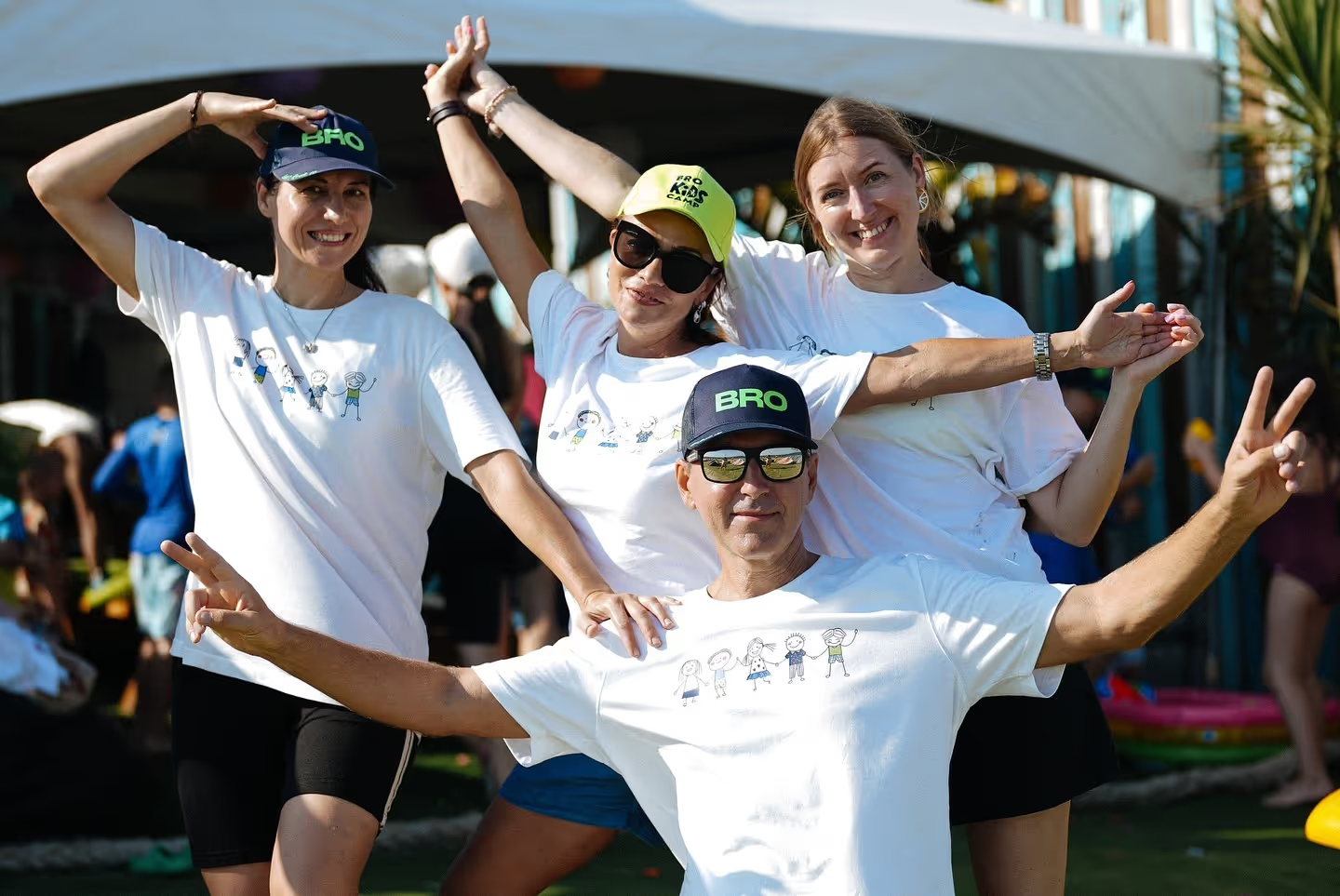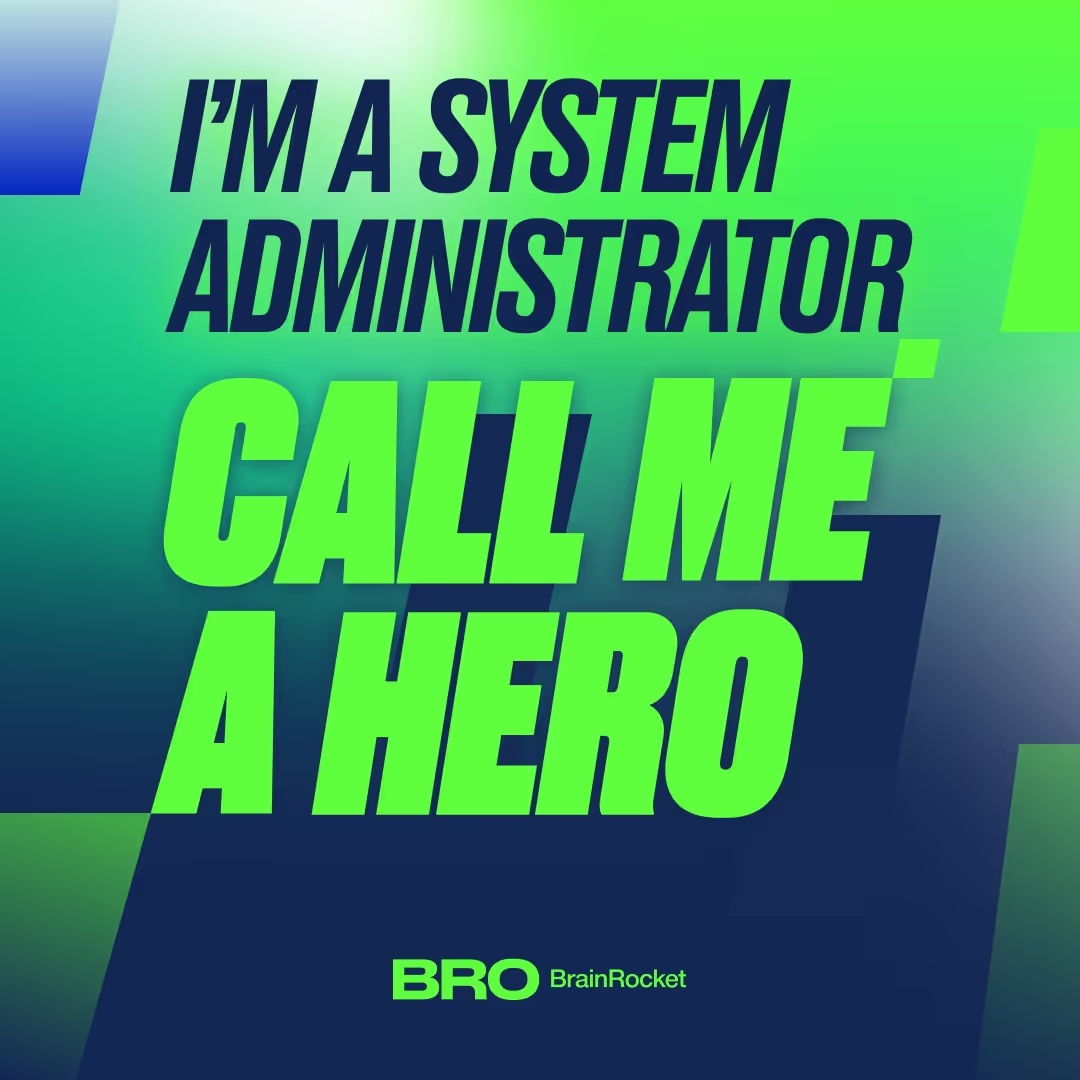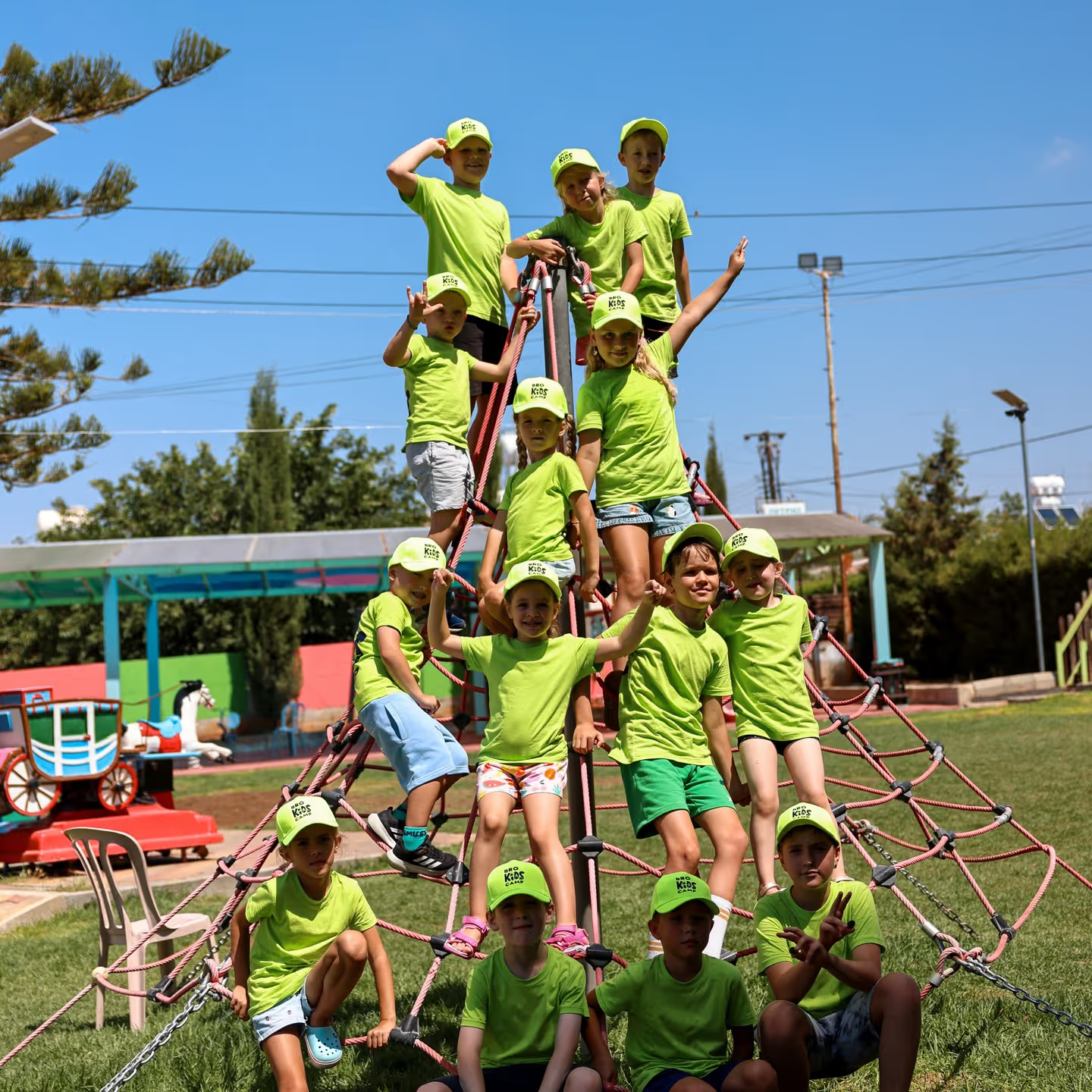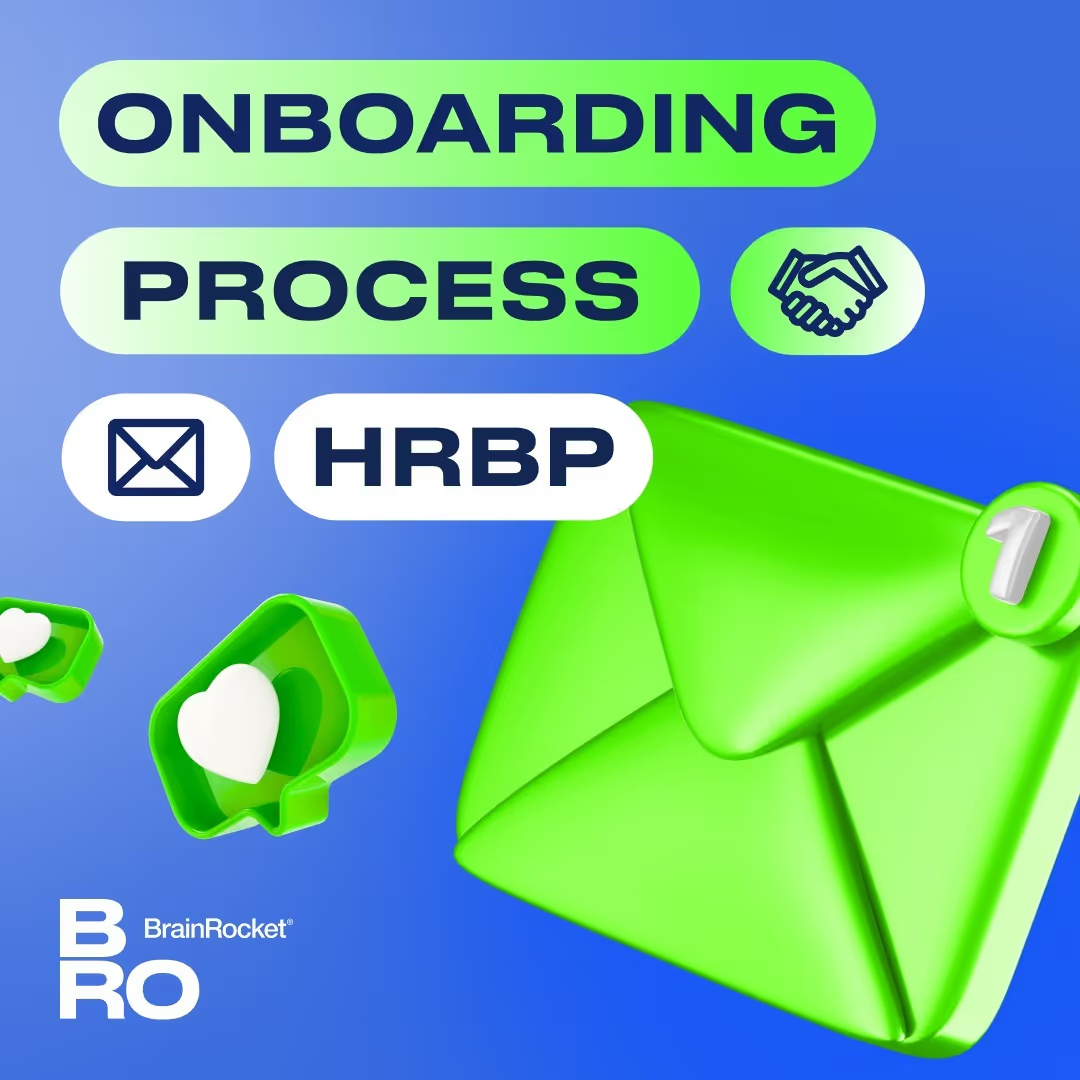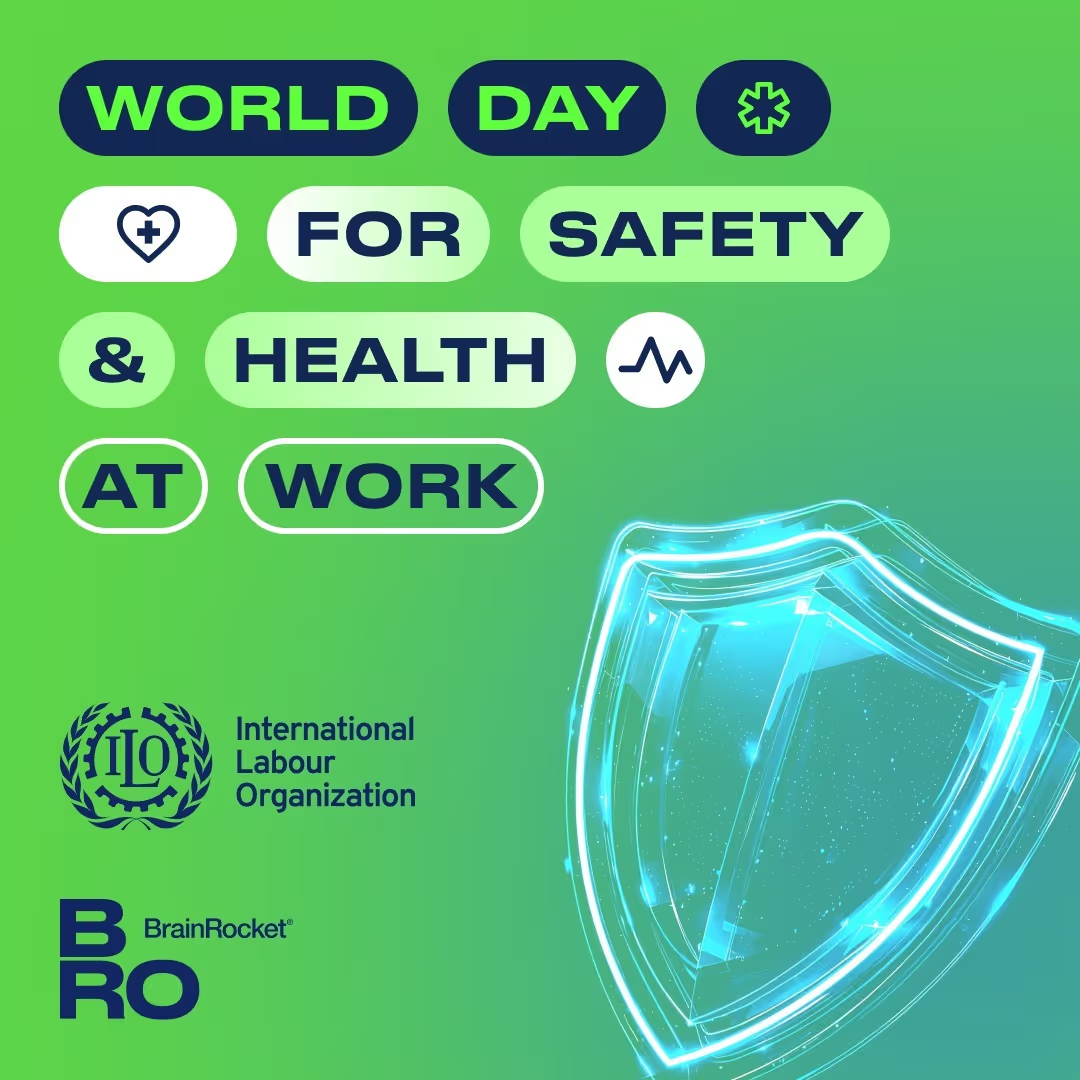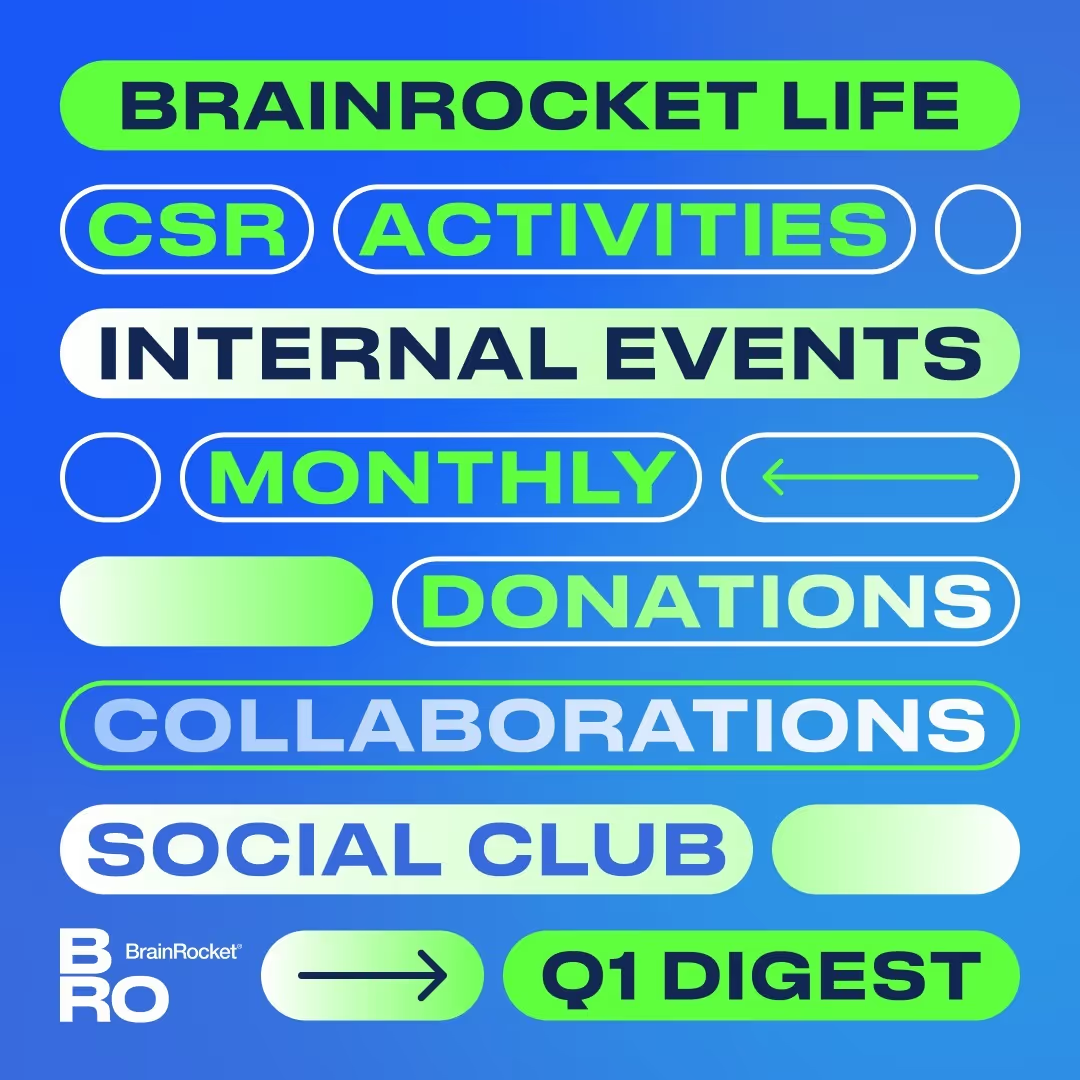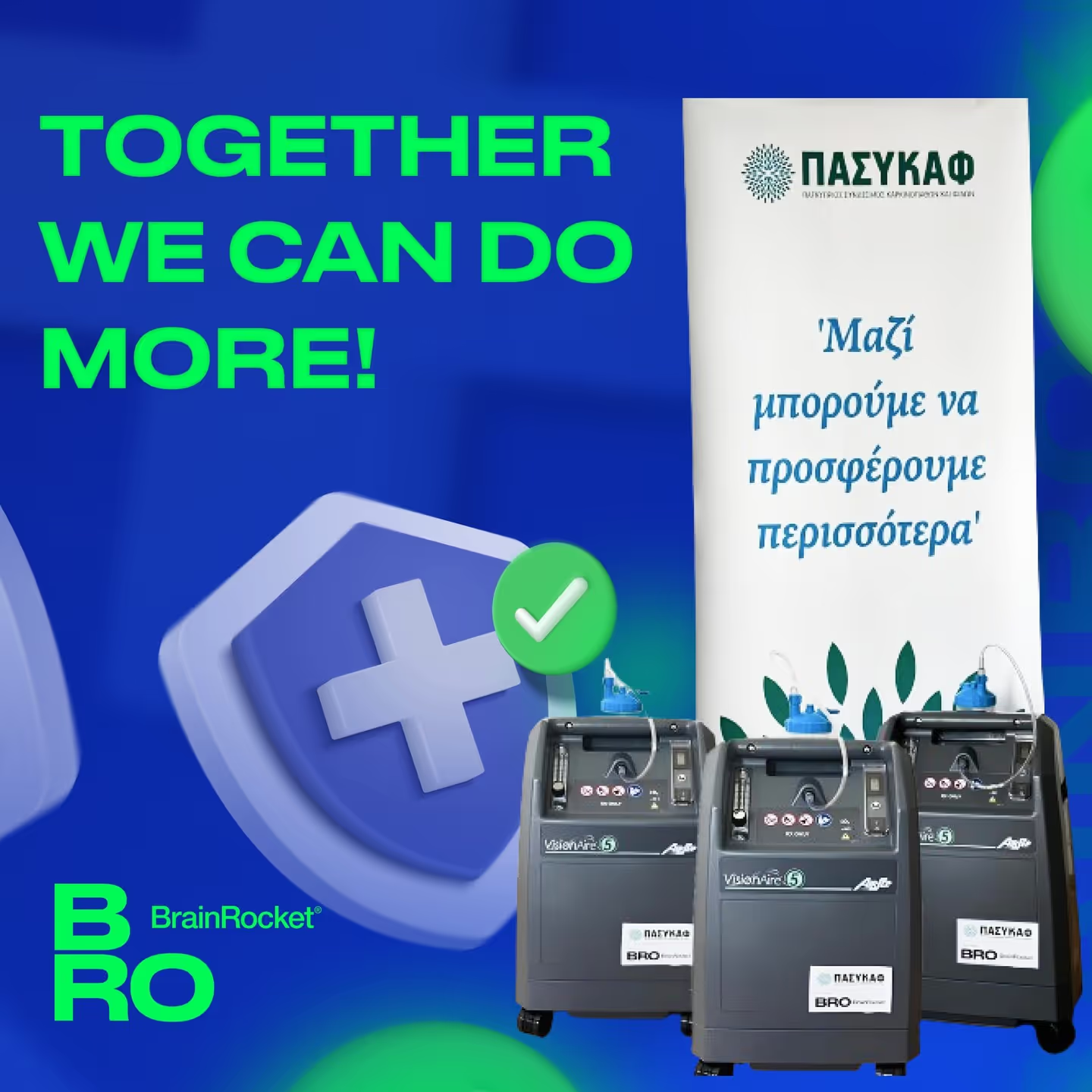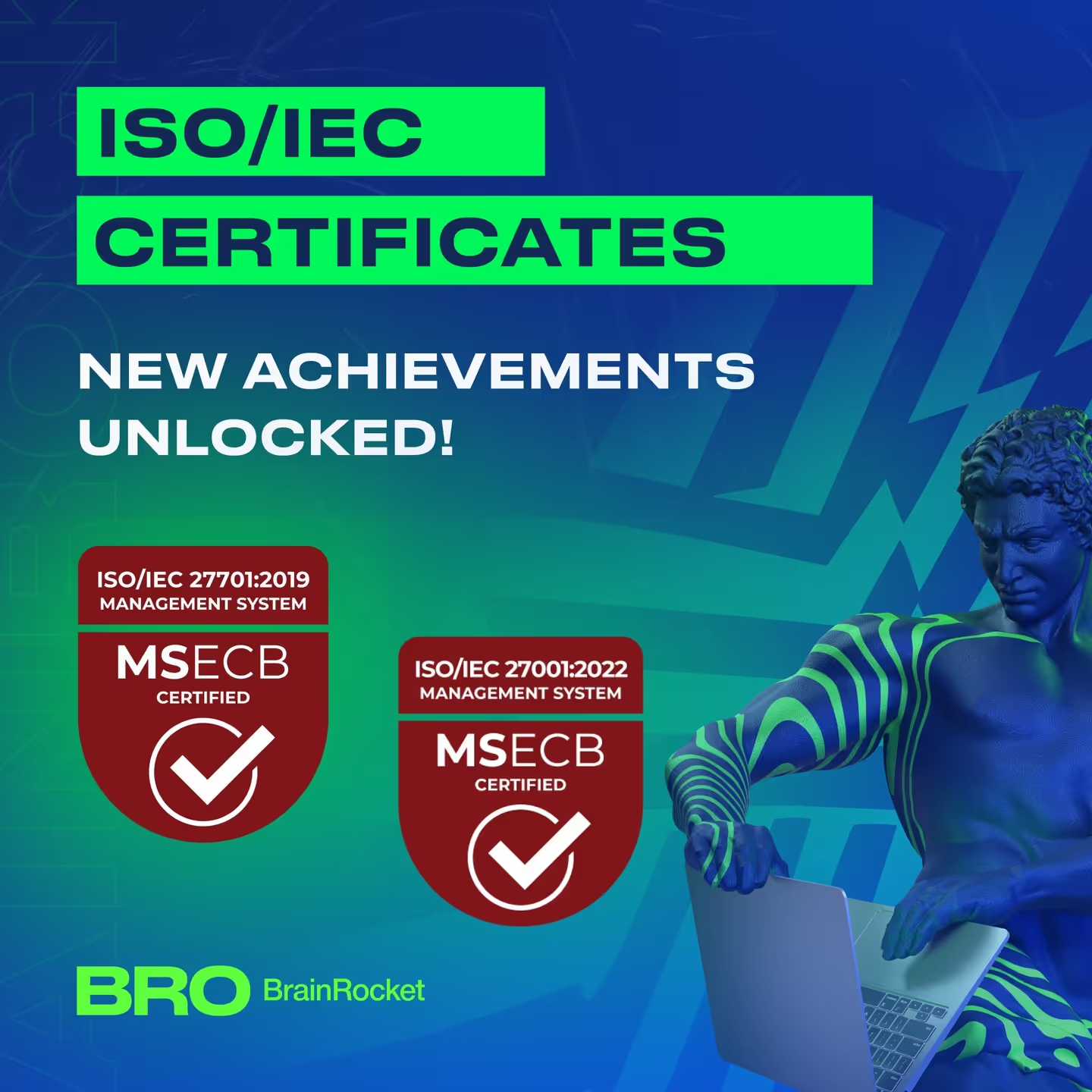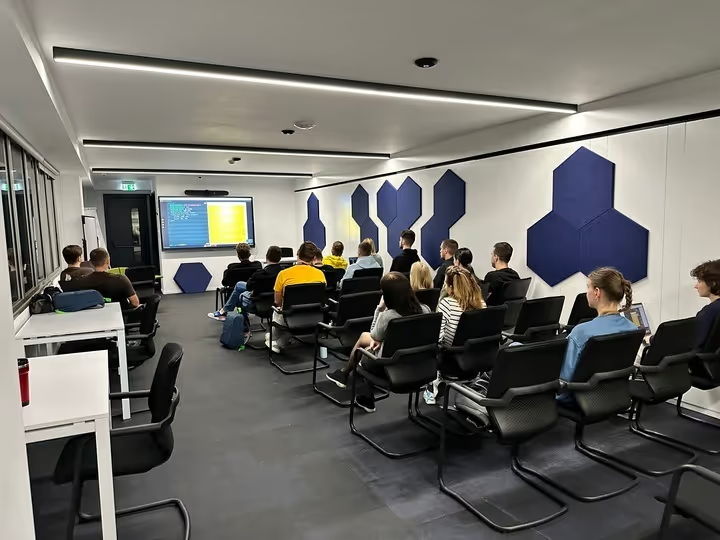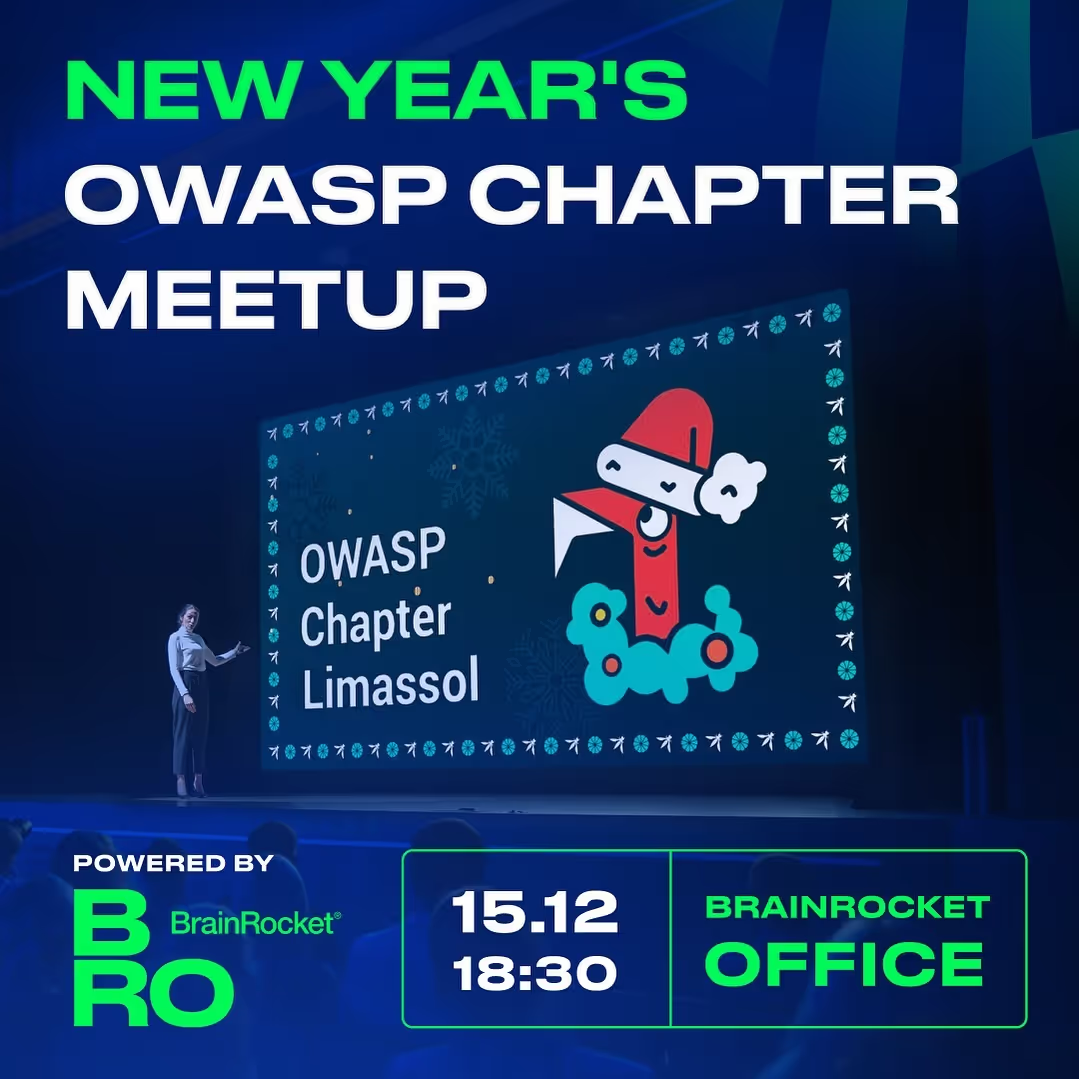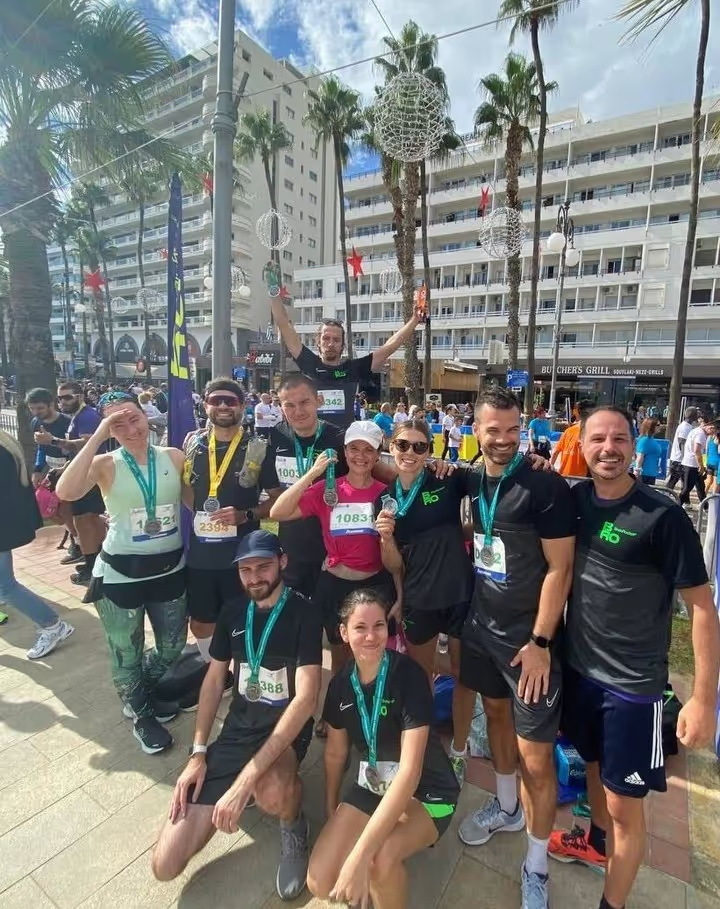Behind every successful product is a dedicated project manager who has worked tirelessly with a team of specialists as they develop a unique product that ticks all the boxes for their customers.
In fact, a project manager's ability to assemble an exceptional group of experts is vital to each and every product they create. It is important for this manager to create a clear structure where all the cross-functional teams understand the overall direction the company is headed in, as well as the top priorities and how to resolve difficulties that arise between different departments.
The key skills a project manager needs to have in order to launch successful products are as follows:
1. Communication
Effective communication will make the difference between the success or failure of any product. When a project manager is an effective communicator, they can bring different groups of people or individuals together in order to move a product forward or to launch a project.
2. Prioritisation
According to BrainRocket, the ability to prioritise everything that happens in a product is the second most important skill a project manager can have. This means effectively prioritising one’s own time and the time of each team member, and making sure that one knows the end goal they are optimising for.
3. Organisation
Project managers will only be effective if they are organised. An important part of their role is juggling different priorities and reducing issues when they arise.
This requires that they track the status of work tasks in order to make sure that all tickets have been created and updated in JIRA, and all task requirements have been received. Of course, the project team needs to then do exactly what was agreed upon, according to their goals.
4. Empathy and Customer Knowledge
The pproject manager should be empathic during every part of the process; at the development stage as well as towards the end, when assessing the customer’s opinions on the product. That is, the project manager must become a recognised expert on customers; their problems, pains, desires, expectations, how they think, and much more. They should then take an active role in being a spokesperson for the product itself, as well as the voice of the customer, to drive important ideas forward.
Showing empathy and putting oneself in the shoes of the users is key in understanding what they are going through and what they think of a product. Conducting customer interviews (custdev) can be great for this as collecting in-depth knowledge on their behaviour and reactions is vital in order to avoid making general assumptions.
5. Collaboration
This is the ability and the willingness to work together with other people whose opinions may be entirely different from one’s own. A project manager must work with groups and individuals across the business. These include engineers, product designers, business analysts, data scientists, salespeople, marketers and so on. This is because there are often quite a few people involved in bringing a modern product to life.
At BrainRocket, we look for managers that have these crucial skills as we know that these kinds of people are vital to the stability and success of our teams and the products they create. Check out our Careers Page if you are interested in learning more.
6.Professional Tools
The tools used differ depending on the industry, but in general, the project managers need to be skillful in; Jira/Confluence, MS Project, any of Git app, Miro. They are programmes and platforms for collaborative project work, the setting and tracking the status of tasks, the allocating resources and more.
It is also key that project managers have knowledge of the SDLC, which is the Software development life cycle of a project. If one does not know the details involved in a product's creation, how can one manage the resources and the team? It will be very difficult because when planning, a leader needs to have a realistic timeframe for the completion of each task, what it takes and how all the processes are interconnected.













